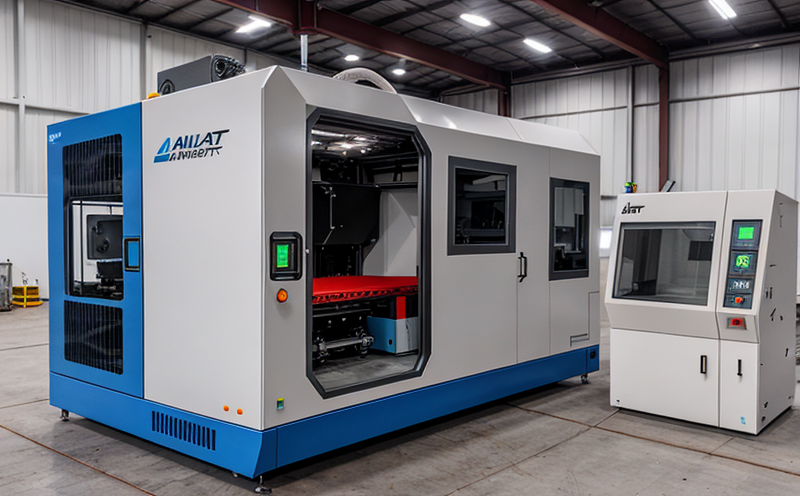ASTM F3378 Dimensional Accuracy Testing of AM Parts
The ASTM F3378 standard provides a robust framework for ensuring dimensional accuracy in parts produced through additive manufacturing (AM) processes. This service is critical for industries reliant on precise geometry, such as aerospace, automotive, and medical device manufacturing.
Additive manufacturing involves the creation of parts by layering materials based on digital models, which can lead to variations that affect final part dimensions. ASTM F3378 addresses these challenges by specifying a method to measure and assess dimensional accuracy in AM parts. This ensures compliance with design specifications and quality standards.
The testing procedure involves several key steps: selecting the appropriate specimens, preparing them for measurement, using high-precision instruments such as coordinate measuring machines (CMM) or laser scanners, and comparing actual measurements to nominal dimensions provided by CAD models.
Compliance with ASTM F3378 is not only crucial for meeting regulatory requirements but also essential for maintaining trust in the integrity of AM parts. This service helps manufacturers identify potential issues early in the production process, thereby reducing waste, improving efficiency, and enhancing overall product quality.
The dimensional accuracy test is particularly important in sectors where even minor deviations can lead to significant safety concerns or performance failures. For instance, in aerospace applications, a slight misalignment could compromise structural integrity; in medical devices, incorrect geometry might affect functionality or biocompatibility.
By adhering to ASTM F3378, manufacturers ensure that their AM processes are reliable and capable of producing parts within specified tolerances. This is achieved through rigorous testing protocols that account for various factors influencing dimensional accuracy, including layer thickness, machine settings, and material properties.
The standard also emphasizes the importance of traceability in the manufacturing process. Traceability allows manufacturers to identify any deviations from expected dimensions and trace them back to their root causes, facilitating corrective actions. This approach fosters a culture of continuous improvement, enhancing both quality control processes and customer satisfaction.
Benefits
- Enhanced Quality Control: Ensures that AM parts meet the required dimensional accuracy specifications as per ASTM F3378, thereby enhancing product quality and reliability.
- Compliance Assurance: Helps manufacturers comply with industry standards and regulations, reducing the risk of non-conformance penalties.
- Risk Mitigation: Identifies potential issues early in the production process, minimizing costly rework or scrap.
- Customer Satisfaction: Consistent product quality translates to higher customer satisfaction and loyalty.
Quality and Reliability Assurance
The ASTM F3378 standard is pivotal in establishing a framework for quality assurance in AM processes. By adhering to this standard, manufacturers can ensure that their parts meet the required dimensional accuracy specifications.
This service not only ensures compliance with industry standards but also enhances reliability by identifying and addressing potential issues early in the production process.
Environmental and Sustainability Contributions
The ASTM F3378 standard promotes sustainability by ensuring that AM processes produce parts with consistent dimensional accuracy, which in turn improves manufacturing efficiency. Reduced material waste leads to lower environmental impact.
By improving the quality and reliability of AM parts, this service helps reduce rework and scrap, conserving resources and minimizing energy consumption throughout the production lifecycle.





